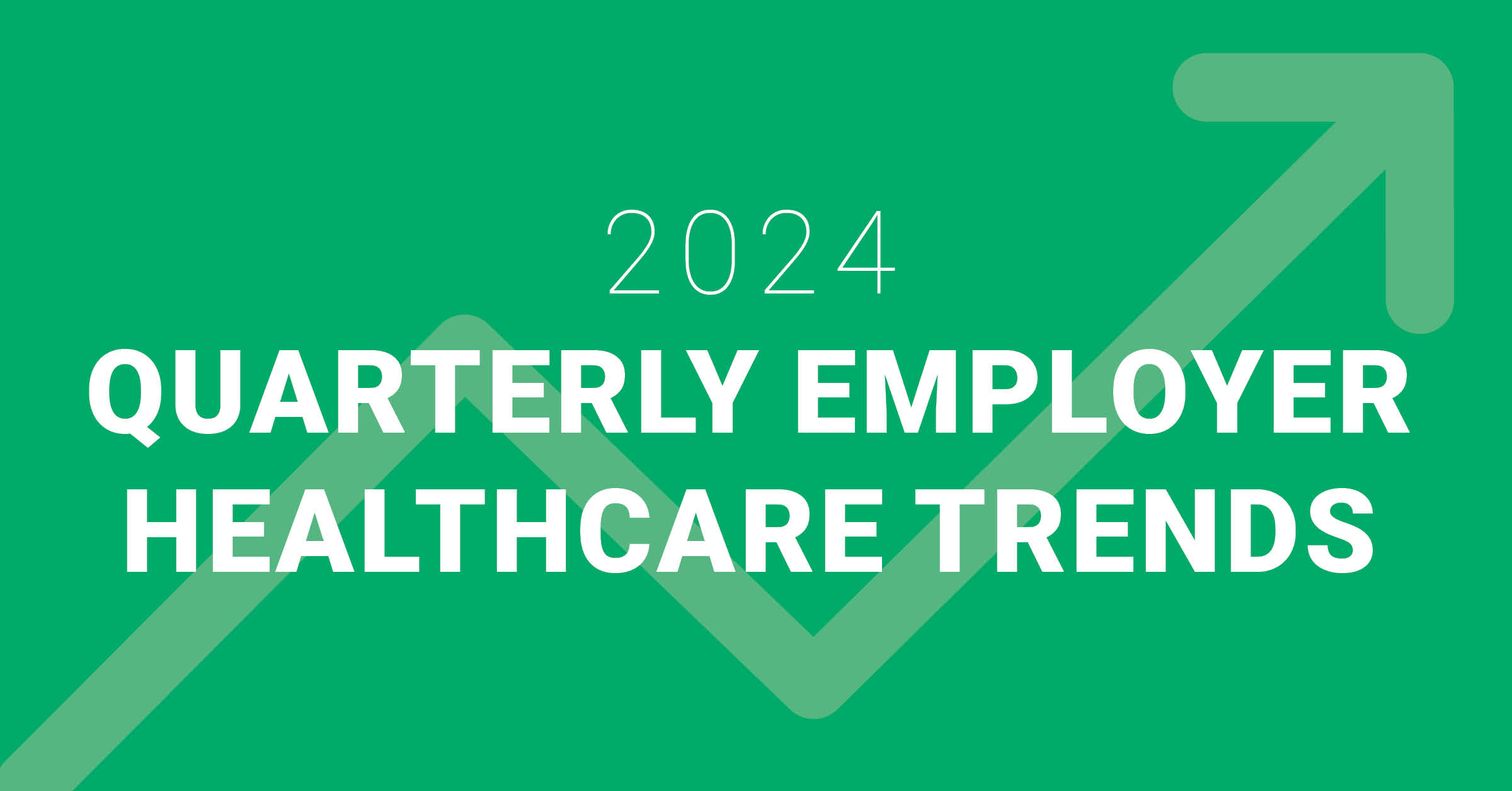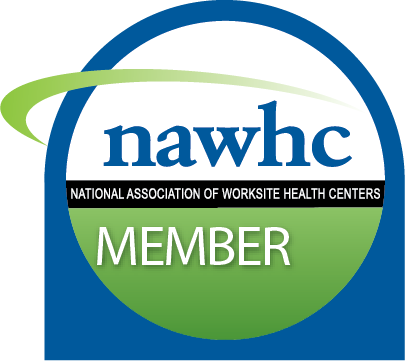Since 2010, U.S. employers have seen their annual health plan premiums for family coverage explode by a staggering 55%. Yet, despite these spiraling costs, the Centers for Disease Control and Prevention reports over 34 million U.S. adults suffer from diabetes, and 108 million from hypertension, two of the leading causes of death.
It’s clear that simply investing more dollars toward healthcare and relying on traditional health plan offerings moves the needle very little to improve employee health and well-being. To reverse these negative trends, employers increasingly take proactive steps to reimagine the ways they offer employee health benefits.
Many opt for value-based, data-driven primary patient care models that focus on treating the whole person, removing the barriers to care by including on-site health centers, participating in Network health centers around town, and offering virtual visits. This increases access to primary care, chronic condition management and mental health services, while also providing health coaches and other specialists to help employees lose weight, sleep better, quit smoking, and more.
It’s a bold and innovative decision that comes with a significant financial risk. In many instances, a benefits leader or HR manager needs to explain the additional investment to a CFO, who’s already weary about their organization’s exorbitant health plan costs.
But it’s not just the employer who takes a risk. At Marathon Health, we assume a financial risk when we partner with our clients. In fact, we’re willing to put our revenue on the line to guarantee employers see health improvements — and cost savings.
Performance Guarantees Soften Financial Risk
The Marathon Health model integrates advanced primary care teams, including doctors, nurse practitioners, behavioral health counselors, physical therapists, health coaches, and diabetes educators to treat the whole patient. We capture in-depth reporting on over 100 unique metrics to ensure our clients receive actionable insights to guide their overall healthcare strategy.
Our data shows that when health plan members engage regularly with our services and experience exceptional care, they see positive health improvements, and employers realize financial savings.
We guarantee performance of these key metrics — member engagement, member experience, health outcomes, and cost savings — with a three-year commitment (available to self-insured employers with 500+ employees). If we don’t meet or surpass these metrics, we credit 10% of our client’s aggregate monthly fee.
It’s a considerable financial risk, but our patient care model truly works. Across the Marathon Health book of business, our clients achieve or exceed their performance guarantees 96% of the time.
Patient Care Incentive Programs Boost Engagement
Member engagement is a key driver of reaching the performance guarantee, so we work hand-in-hand with our client partners to deploy creative strategies to reward members who engage with our health center services.
Nicole Samuelson, Compensation and Benefits Coordinator at Hampton City Schools in Virginia, runs a points-based incentive program. The school system partnered with Marathon Health in 2014 to open a dedicated health and wellness center, where employees can visit for over 180 different services.
“We require at least seven points to earn the incentive every year,” Samuelson says, adding that employees can pick from a list of healthy activities to earn their points, with cancer screenings and health coaching appointments earning double points.
Hampton City Schools’ employees who successfully earn their annual incentive receive insurance premium discounts and HSA contributions between $500 and $1,000, depending on their health plans.
“We have some employees that are really great advocates for the health center. Everywhere they go within the school system, they’re singing their praises,” Samuelson says.
Regan Hermes, Benefits Supervisor at Endeavor Energy Resources, LP in Texas, also runs an incentive program, appropriately titled The Wellness Endeavor, where employees win prizes for competing in health challenges, and engaging with services at their dedicated worksite health center.
“We have company-wide quarterly challenges — weight-loss competitions, step challenges, and webinars — and we offer additional opportunities for our employees to earn points throughout the year,” Hermes says. “It’s very incentivized. The goal is to get as many points as you can.”
Endeavor’s recent prizes include Peloton exercise bikes and interactive mirrors, with the top-earner for 2021 winning a paid trip to San Francisco.
Engaged Members See Significant Health Improvements
Hermes says Endeavor employees actively embrace their wellness challenge program, and the organization reports considerable improvements across their population. For the first half of 2021, they combatted obesity.
“We had a weight-loss challenge in quarter one, and we lost 1,100 pounds across all participants in just 16 weeks,” she says. “Then, in the second quarter, we hosted our step challenge and had 341 participants walk a combined 70 million steps in just 26 days.”
“Marathon Health helped us recognize our highest spend on claims data, understand how employees are struggling the most, and figure out how we can help them better themselves—that’s where we see substantial savings,” Hermes says. “At the end of the day, our employees are family. We want them to be happy and healthy.”
To truly improve employee health, we work with each client to customize a care plan to address their population’s unique challenges. For example, stagnant office workers often experience higher instances of chronic conditions, like diabetes and high blood pressure, while public safety officials typically need more behavioral and mental health services. Our ability to mine data, proactively engage high-risk members, and offer agile solutions to overcome these challenges helps each client improve on their most-impactful health measures.
Across the board in 2020, Marathon Health customers averaged:
- 50% high-chronic population engagement with providers, averaging 3 visits per year
- 60% of employees improving on 1 or more biometric markers
- 22% reduction in ER visits
- 67% reduction in A1c values when patients engaged with a health coach
“We hear all the time from our health center staff about employees who have just been diagnosed with diabetes and other issues,” Samuelson says. “And the employees had no idea, because they hadn’t seen a physician in several years. Working with Marathon has been really great.”
Healthy Employees Drive Financial Savings
Simply put, employees who regularly utilize Marathon Health patient care services save their employers millions of dollars. According to our data, members with a diagnosed chronic condition — including diabetes, heart disease, asthma, obesity, and more — who engage with Marathon Health cost their employers 31% less than chronic-condition patients who don’t engage with our care teams.
We strive for new employers to break even on their investment after year one, with clients seeing a negative trend on their spending the longer they engage with Marathon Health services. On average, employers see a savings of $2,000 annually for each employee who uses Marathon Health.
“Marathon Health clients saved an average of $2.70 for every $1 invested in employee healthcare in 2020, with the average company saving around $11 million across our book of business,” says Chad Ashcraft, Executive Vice President of Growth at Marathon Health
In 2020, patients who engaged with Marathon Health cost:
- 42% less in hospital admissions
- 29% less in outpatient/ambulatory services
- 20% less in ER usage
“Marathon Health helped us recognize our highest spend on the claims data, understand how employees are struggling the most, and figure out how we can help them better themselves—that’s where we see substantial savings,” Hermes says. “At the end of the day, our employees are family. We want them to be happy and healthy.”
You might also like
Subscribe to our newsletter and stay on the cutting edge of worksite healthcare.









